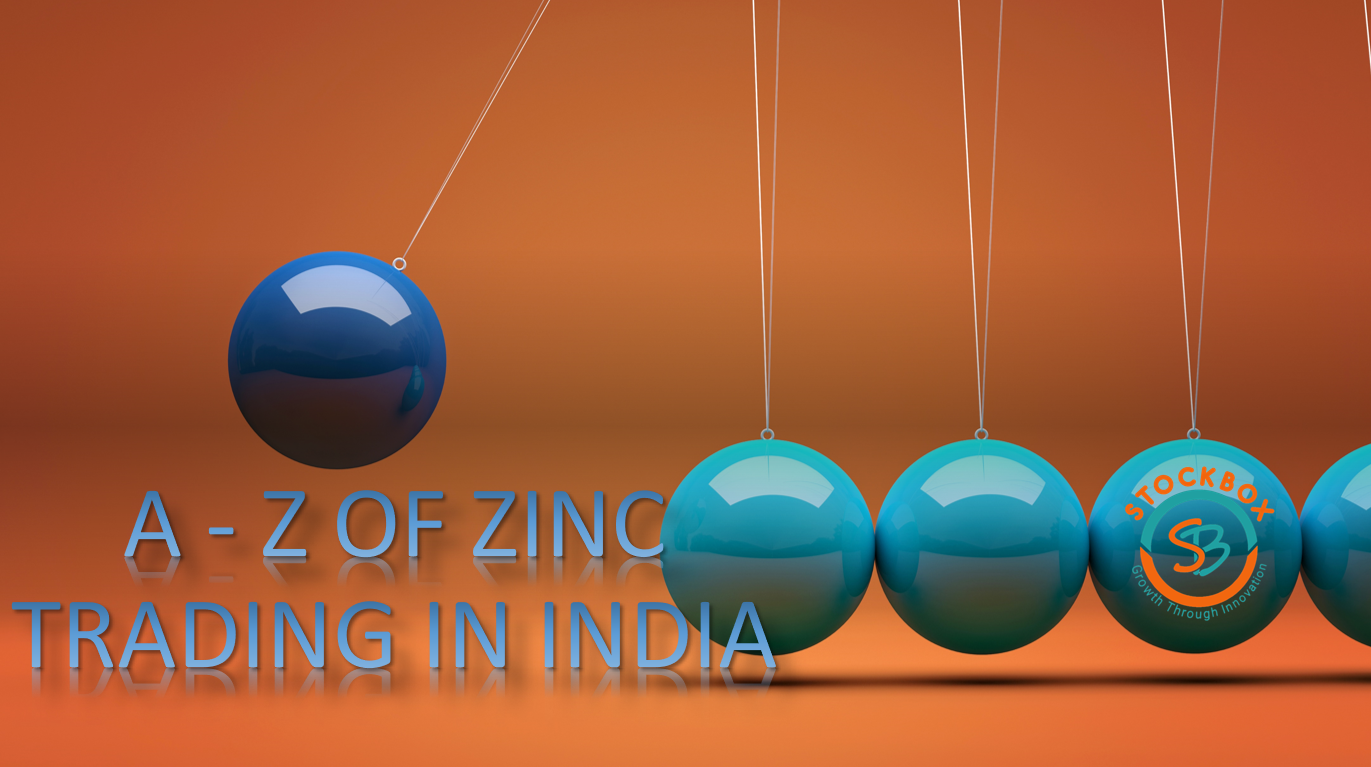Zinc is a versatile metal that has been utilized for ages in a variety of industries. It holds special characteristics which make it a vital ingredient in the production of galvanized steel, batteries, and other goods. Zinc metal trading has grown in popularity as a result of its strong demand and lucrative possibilities. In this piece, we will examine the fundamentals of zinc and cover insights into zinc trading.
What is Zinc?
Zinc, denoted by the atomic symbol Zn and having the atomic number 30, is a bluish-white metal that is malleable, ductile, and slightly reactive. It is extensively dispersed in rocks, soils, and minerals and is the 24th most abundant element in the earth’s crust. It is a necessary component for living organisms and tends to take part in many metabolic activities.
Uses of Zinc
With zinc’s broad use across several sectors, India has become one of the world’s top consumers of metal. The development of the infrastructure and building industries, as well as the automotive sector, are the factors driving zinc demand in India.
It is useful in an array of applications due to several special characteristics. For example, it resists corrosion and hence acts as a major component of galvanizing steel. It is a crucial component of batteries because of its high electric conductivity. In addition, zinc is utilized in the creation of alloys like bronze and brass which are used in machinery and electrical equipment.
Zinc trading in India
In India, zinc is traded on the Multi Commodity Exchange (MCX) with global variables including supply and demand, worldwide pricing, and geopolitical events playing a major role in zinc prices in India.
One of the key benefits of trading zinc in India is as mentioned above the country’s high local demand for the metal which offers investors a steady market. In addition to this, India holds a status of a desirable market for zinc exports due to its strategic position and expanding industrial sector.
Zinc trading challenges
The erratic nature of the Indian rupee presents one of the issues in zinc trading and may affect the prices of zinc in the Indian market. Trading in zinc may be less profitable in India because of currency swings brought on by variables including interest rates, inflation, and geopolitical events. However, if done with due diligence this challenge can be transformed into a lucrative opportunity for traders due to price volatility.
Conclusion
With the country’s expanding demand for the metal and its status as a large producer and exporter of zinc, trading in zinc in India offers substantial prospects for traders. Traders who want to trade zinc successfully in India need to be aware of market trends and volatility, stay current on legislative changes, and take a careful approach to managing risk.

